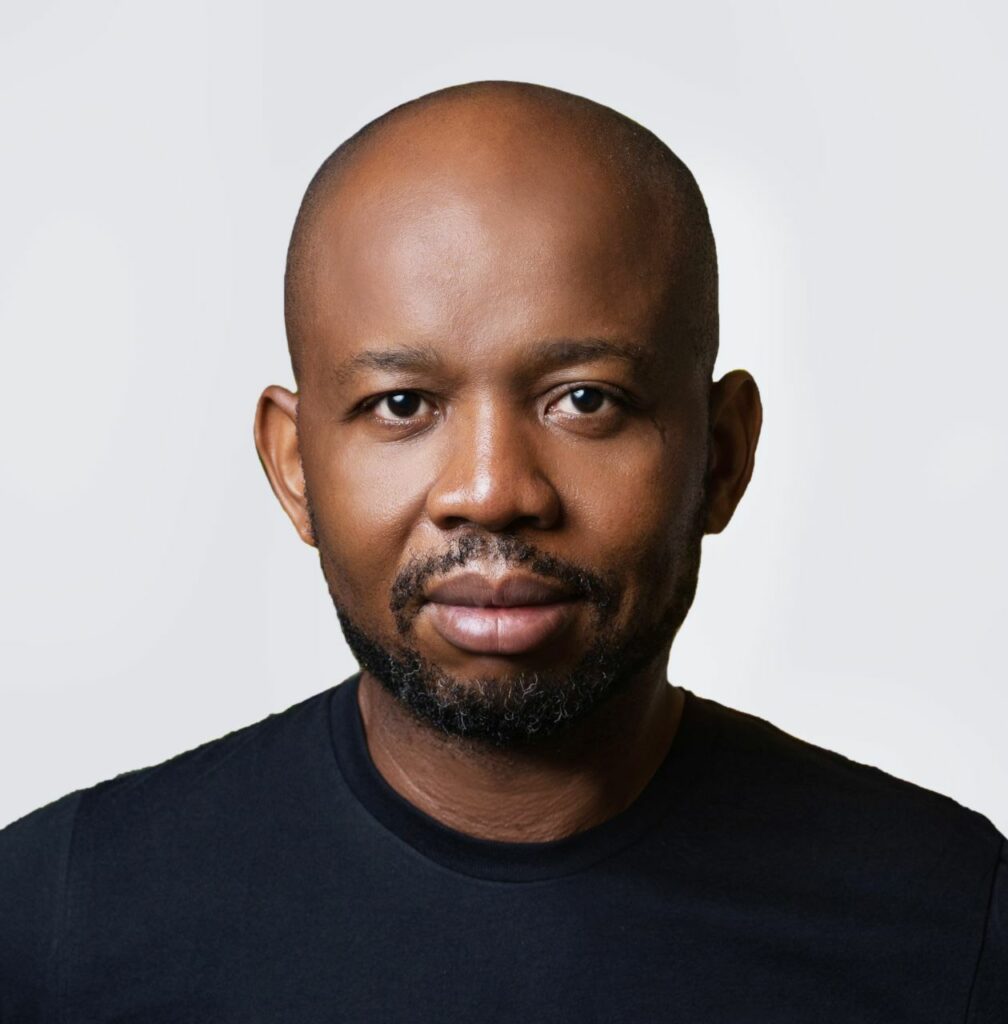My career started in traditional, corporate banking. Over many years, Diamond Bank built a solid reputation for being trustworthy and being business-friendly; providing credit for and supporting businesses across Nigeria as they scaled; and we scaled with them, growing a loyal, predominantly corporate customer base. We were forward thinking in the types of banking products and services we offered them, but business was still conducted in the Diamond Bank banking halls [quite a lot of them] and via in-person relationship managers. This was the best of banking as most people knew it at the time and we saw strong, steady growth as a banking entity.
Not content with accepting a traditional approach to banking, Diamond Bank was one of the early pioneers of developing digital products and services. In addition to our mission and vision of building trust and being transparent, we also wanted to eradicate the noise [paper] and bureaucracy [paper + in-person decision making] and swap it with simplicity. We were early adopters of digital and invested time and resources into technology-enabled processes and transactions across the entire business – internally and for our customers too.
To give some context; in 2014, Diamond Bank had 4.4M customers. It had taken us over 20 years to get to that number. By 2018, having embedded digital processes into our infrastructure, fundamentally changing how we approached banking and removing physical presence to become a customer as a barrier to entry, our customer number had grown to 15.5M. Triple digital growth in just four years; the ultimate growth hack.
This 252% increase in customer growth cannot be attributed solely to an increase in marketing spend. Nor was it a case of millions more people simply deciding to become financially ‘included” and sign up to a bank. It was our adoption of digital; removing many of the barriers to entry, and the in-person decision making, and the complex onboarding processes, and the forests of paper administration, replacing all of this with scalable and repeatable tech-enabled processes which meant we could open our doors to millions more people. Literally. Fintech platforms call it “banking the underbanked” these days. Between 2014-2018, we called it digital.
Whatever it was called, it was not done independently. We didn’t build without partners and no scalable platform in Nigeria, in fact in Africa, will build in a silo, in the late noughties, or today. At Diamond Bank, we built out our digital banking platform with MTN – a telco partner who had invested heavily in telecommunications digital infrastructure across Nigeria, and who subsequently gave us access to many millions of customers countrywide. They developed the mobile network and gave people power at their fingertips; through digital banking, we prioritised financial services for them as part of that power play.
And to complement our private partnerships, we also worked tirelessly to build alongside the public sector, ensuring that regulators understood and bought into every single step we took. No traditional bank, or digital banking app or fintech platform will scale, in any meaningful way [and by meaningful I mean both cross-border across the continent and in terms of servicing millions of customers] without Government buy-in and collaboration; securing the right licences, ensuring robust regulatory compliance and so forth. It’s simply not possible. At Diamond Bank, we knew that when we had 4.4M customers, and we still knew it when we had 15M+ customers. Scale didn’t allow us to forgo regulatory standards. In business, in fact in all walks of life, no [wo]man is an island; the same for banking, be it traditional or banking. Collaboration led to deeper insights which led to better understanding of and access to market and coupled with innovation and technology, led to us being able to scale at a rate that very few [if any] financial institutions would be able to replicate in the same time frame, today.
If you look at, study and genuinely understand the vast and geographically diffuse population of Nigeria, it won’t take you long to conclude that physical banking for us is not only problematic, it is totally unrealistic. Physical cash is frustrating; it’s [actually] dirty, it’s hard and expensive and slow to move around; it’s unreliable. Even having in-person discussions about cash in Nigeria is expensive [in terms of time] and, sadly, completely biased. You could be an excellent “prospect” in banking terms due to prompt payment of loans or the amount of cash deposits you have – but if a customer relations manager doesn’t like your tie or doesn’t take to you, you are at the mercy of someone’s bias. You are excluded. This is not only unfair, it’s just bad business and completely unscalable.
Digital solves this by removing the bias; digital gives us data and data makes decision making simpler and more transparent, at scale, without bias. Data sees and scrutinises what’s essential. Are you a good banking prospect? Are you, as a business, processing a lot of transactions? Does the data show us your business is sound and growing? Did you repay your last loan? So many questions that can be answered, with data.
Digital is the present, and it is the future; but we cannot ignore some of the traditional approaches to banking that have brought us to where we are today. Yet we also need to move on and learn from traditional banking in Africa. We need to understand the benefits of, embrace, rely upon and roll out digital, not just as a nice to have but as an essential. In 20+ years of banking, I’ve gone from traditional, to traditional + digital to digital-first. I’ve seen the changes in how people interact with, how they engage with money; I cannot remember the last time someone gave me a 1000 Naira note, can you? In fact – I don’t even recall the last time I saw physical dollars. My children and their peers – the future of Africa – certainly seem at odds with notes and cash. But beyond the individual, I’ve also, importantly, seen how businesses engage with money. Cash transactions are becoming increasingly anathema to them.
There are 20M+ SMEs in Nigeria, a growing percentage of whom are building online; Instagram stores + social commerce-led businesses for what would’ve once been described as one-[wo]man-bands are now scaling, thanks to digital. Hyper-talented artisan tailors in towns and villages across Nigeria, with skills to match any Parisian atelier, are now able to set up their own website or marketplace, promote and sell and receive good money for their craft, and in turn, they can employ more people [which leads to financial inclusion at scale] and build businesses around their skill, because they can grow and business building is simpler. Nigeria’s SME market is becoming increasingly more influenced by and reliant upony digital, fundamentally changing how commerce in our country is conducted. For all the financial literacy programs, banking the underbanked and banking the unbanked “programs” to inspire people out of poverty… in my experience, nothing actually inspires people out of poverty more than seeing credit alerts pinging on a mobile phone thanks to better access to market, better access to opportunity, a simple way of doing business with trusted partners.
Data has become a critical asset for digital banks, for SMEs, for any individual conducting business. It is totally reshaping commerce in Nigeria. Digital is allowing us what should essentially be a dichotomy; banking and financial services at scale that is also hyper personalised; you are part of the millions, but you are also spoken to and given banking support totally tailored to you. But it is no longer at odds with the norm, it is the norm. Data-first finance platforms will soon subsume traditional banking, because they can move faster than their incumbents when it comes to building products and delivering services for the future of Nigerian commerce. It’s scary for traditional banks as they now have to scramble to adapt, yet it is equally scary for businesses like my own, Sparkle, as we try to keep up with our own momentum and do what we need to do to build digital financial infrastructure for a nation of entrepreneurs and business builders.



